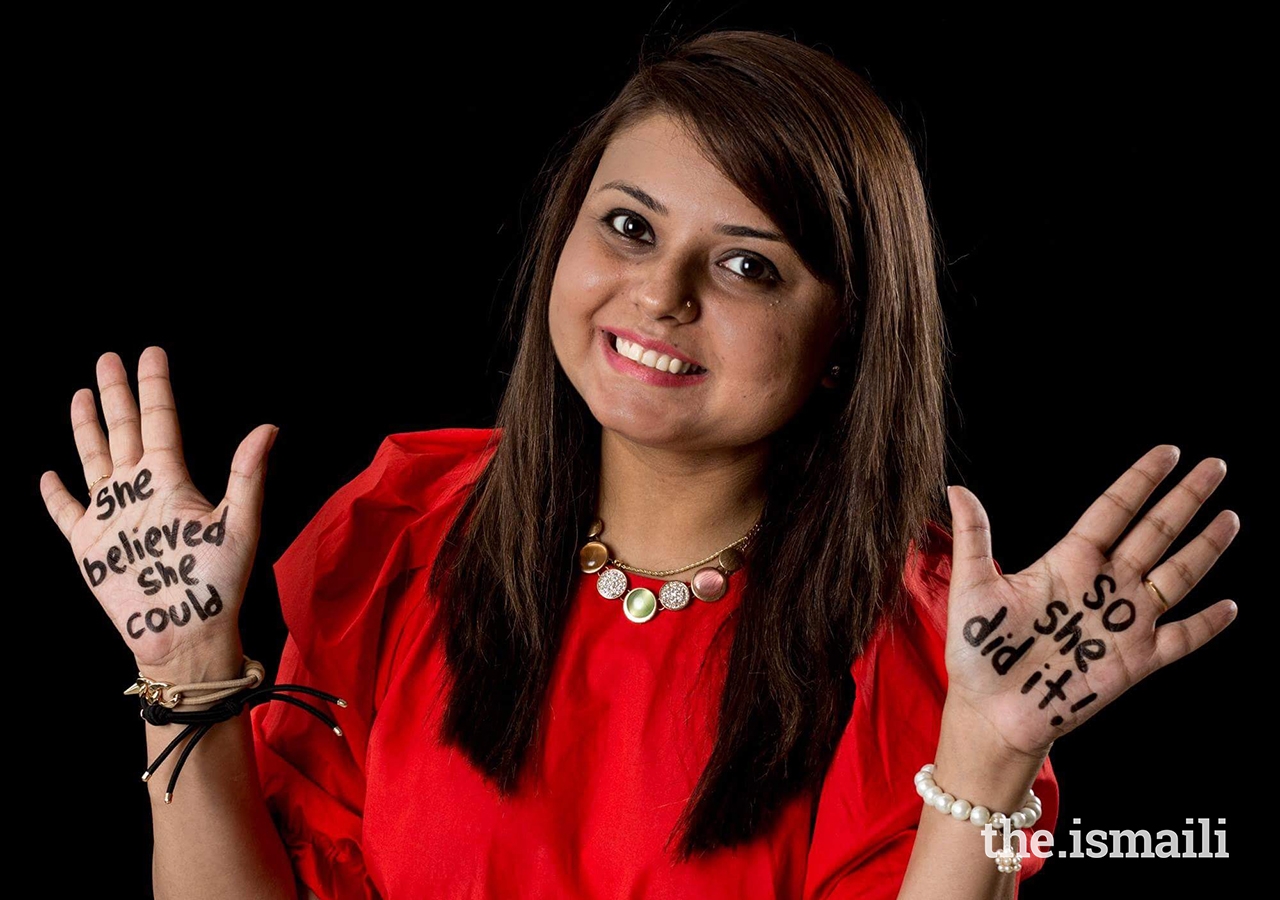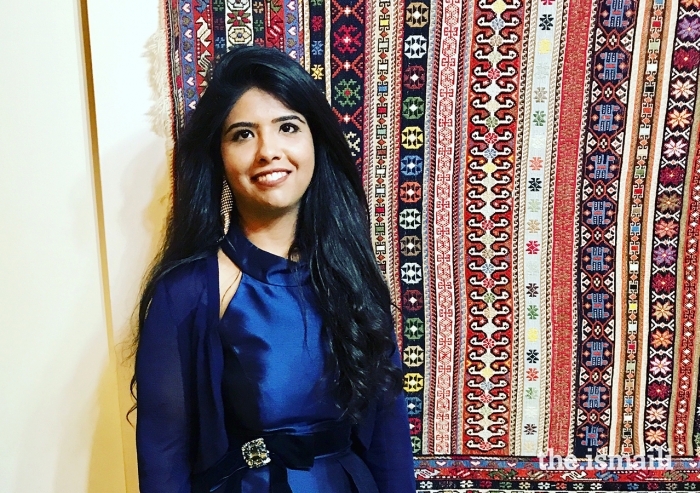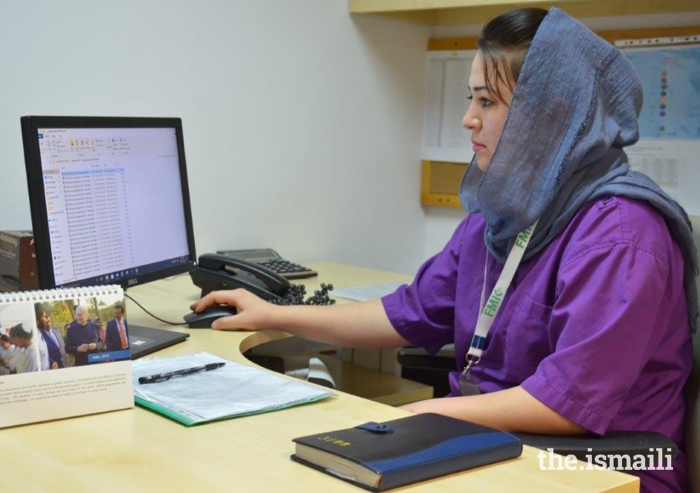Born in Pakistan, Neelam was inspired to attend AKU’s nursing programme after she heard about Mawlana Hazar Imam’s emphasis on women entering the medical field. Encouraged by her parents to do so, Neelam began nursing school at AKU in 2006.
“Little did I know that the nursing programme is something that is more than what you can do in hospitals; there are unlimited opportunities standing for me,” Neelam said.
After completing the programme in 2010, she worked as a clinical nurse for two years, oftentimes on the surgical floor. Neelam combined her interests in nursing with her work in the community as well. Using the local girl scouts troops as a way to connect with younger members of the Jamat, Neelam discovered that conversations about menstruation and sexual health were often not discussed at home or in school environments.
“These things were always bothering me, because people wouldn’t talk about it.”
In order to understand more about issues relating to women’s reproductive health, Neelam began a Master’s degree, focusing on these issues.
“I tried to research what the gaps were in Pakistan.”
During her Master’s programme, Neelam learned about Youth Champion, a highly competitive 10-day leadership conference in the US.
“There is a global problem about communication, access, and a common language about sexual health. That was an eye-opener for me,” she said.
Upon her return, the Packard Foundation offered Neelam a $12,000 grant to further her research on women’s reproductive health. By collaborating with the Aga Khan School of Nursing and the Aga Khan Health Board for Pakistan, Neelam initiated a programme to produce 30 Master Trainers who were educated on sexual and reproductive health. These trainers then entered their respective communities, specifically within the Jamat, and conducted sessions about reproductive health to both women and men.
“Even today, our Master Trainer programme is teaching Pakistanis about child sexual abuse, menstruation, and sexual harassment. This is all not easily talked about in Pakistan.”
Soon after, Neelam decided to continue her studies by pursuing a PhD in nursing at the University of Alberta.
“The role of the Jamat was so important because I feel like when I help others, it comes back to me; it’s a type of satisfaction that isn’t physical. If you’re a nurse, you take an oath that you will be selfless, so I find happiness when I treat my patients. Covid actually made my belief about nurses and the oath that they take even stronger.”








